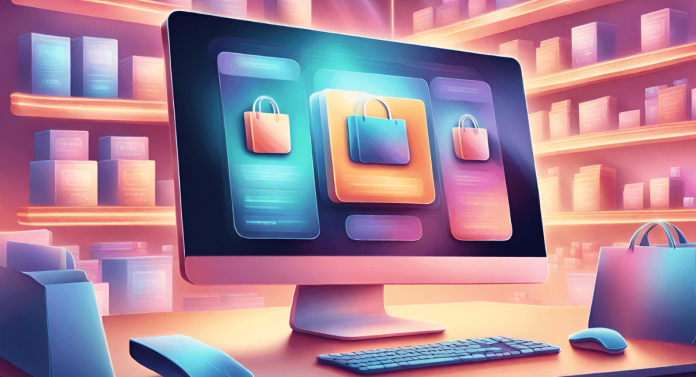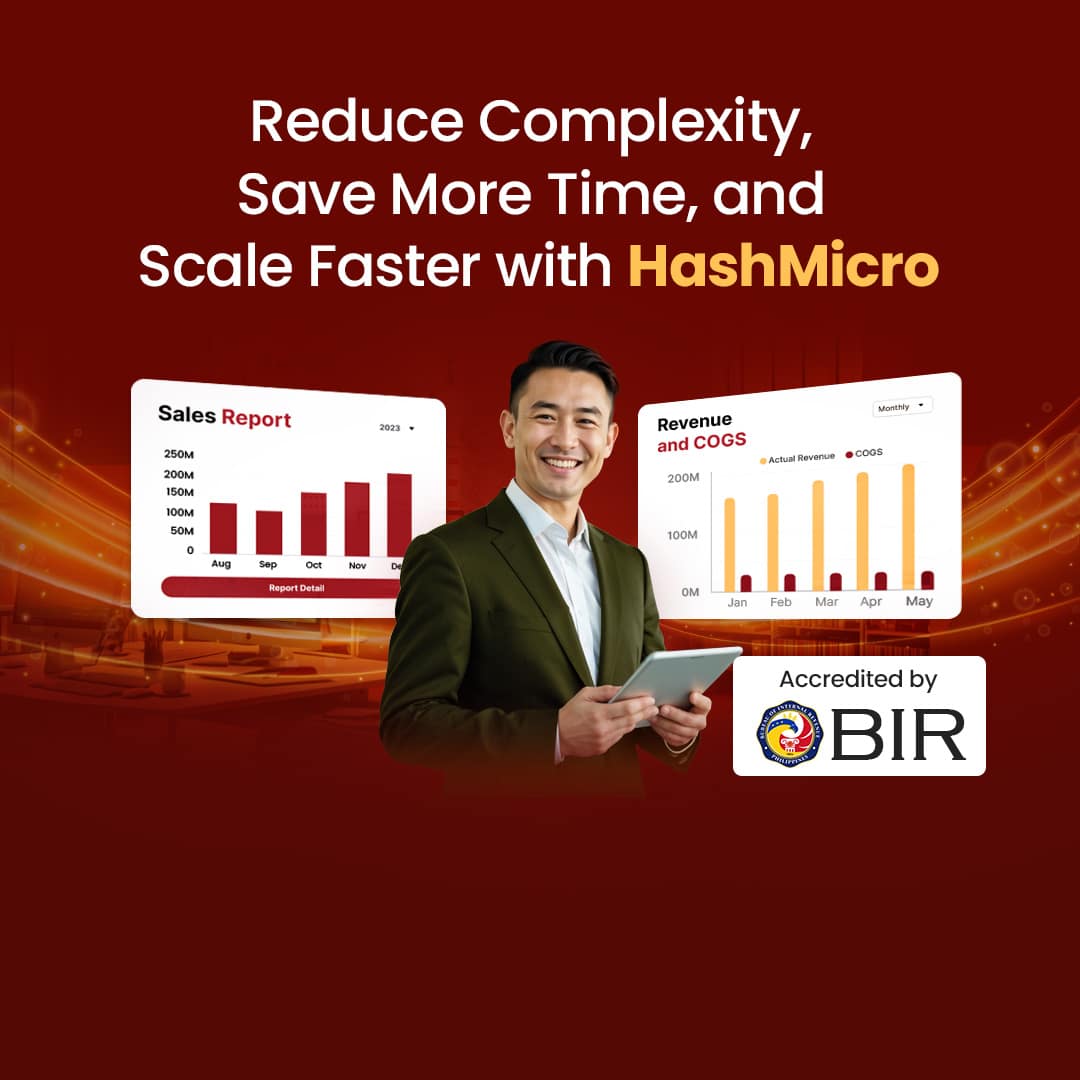When picking retail management system for a Philippine business, the wide range of choices can be both helpful and overwhelming. While many options offer flexibility, it also increases the risk of choosing an unsuitable solution.
The many number of choices can make it hard to choose. Without a good understanding of your business needs, you may pick software that doesn’t match your requirements, leading to wasted time, resources, and operational disturbances. Therefore, it’s essential to carefully evaluate your business needs and research different software options before deciding.
To help you choose wisely, we’ve compiled a list of the best software available for retail businesses, including HashMicro, QuickBooks, and Xero. Our article aims to help you find a solution that perfectly fits your needs.
Key Takeaways
|
Table of Content
Content Lists

Top 17 Retail Management Software for Philippine Businesses
Choosing the perfect retail management software for your business can be challenging with so many options. Each software provider offers different features, and their products have pros and cons. To simplify things, here’s a list of the top 17 retail management software systems in the Philippines:
1. HashMicro Retail Management Software
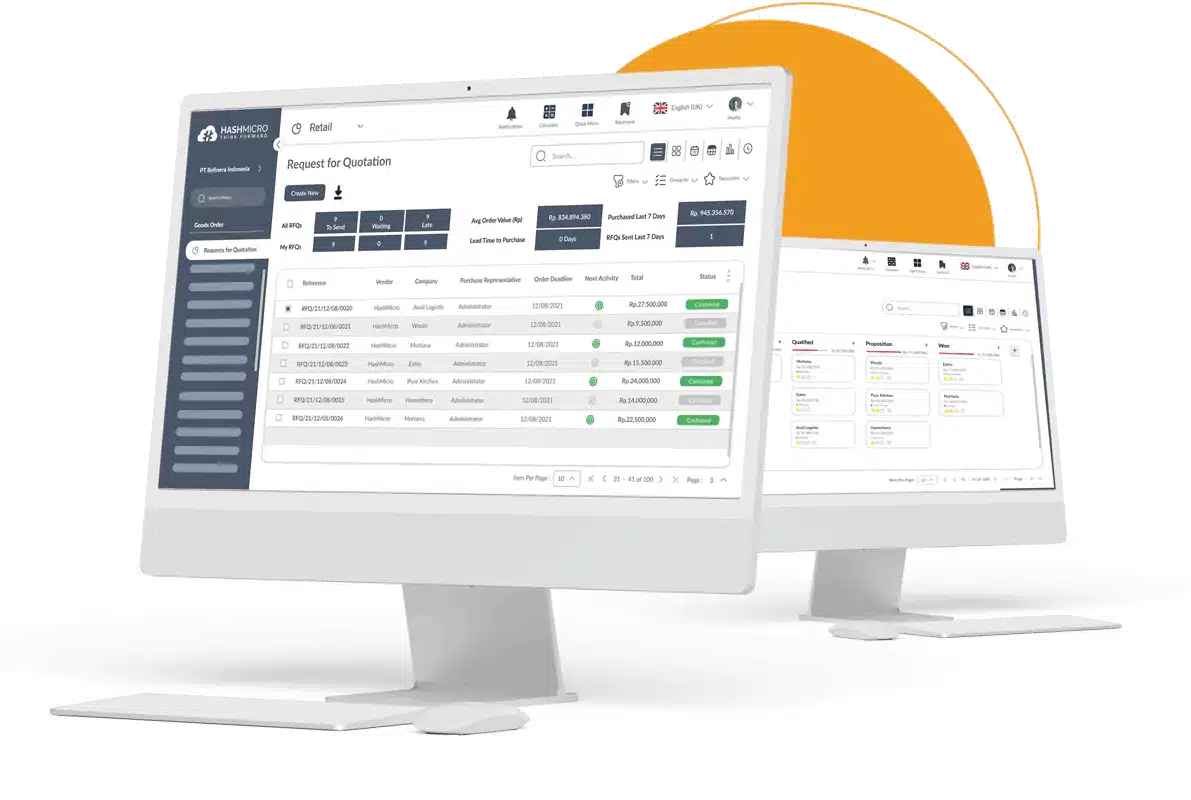
HashMicro offers comprehensive, web-based retail management software in the Philippines, catering to businesses of all sizes across various retail sectors like fashion, electronics, home goods, automotive, beauty products, and more.
The best overall option for Philippine businesses looking for a comprehensive and fully localized retail management software.
Why we pick it: HashMicro offers seamless integration, real-time analytics, and user-friendly features that optimize inventory, sales, and customer management. Its flexibility and scalability make it ideal for businesses looking to enhance operational efficiency.
Renowned enterprises in Singapore and Indonesia have benefited from HashMicro’s comprehensive features and excellent customer service. In the Philippines, HashMicro continues to provide top-notch service to businesses across all industries.
HashMicro’s retail management software makes every part of running a business easier. Moreover, it is more than capable of handling multi-branch management effectively. It handles inventory, sales, customer management, and analytics seamlessly. Additionally, it manages suppliers well and connects with other systems smoothly.
Features:
- Point of sale: HashMicro’s software ensures smooth transactions and boosts customer satisfaction at the end of purchase.
- Inventory and warehouse management: HashMicro simplifies inventory tracking and warehouse operations, maximizing efficiency.
- Loyalty program management: Businesses can effortlessly retain customers and drive sales through effective loyalty programs.
- Marketing & mass mailing: This feature empowers businesses to engage customers and increase sales with targeted marketing campaigns.
- Online store: HashMicro seamlessly integrates with online stores, expanding businesses’ reach and boosting sales online.
- Business intelligence: This feature provides powerful insights to drive informed decision-making and optimize business performance.
- Sales management: Businesses can streamline sales processes and boost revenue generation through efficient sales management features.
| Pros | Cons |
|---|---|
|
|
If you want to discover how HashMicro gives a significant help in managing retail businesses, you can start considering the price calculations to find out that your software is really the right solution to support your company.

2. QuickBooks
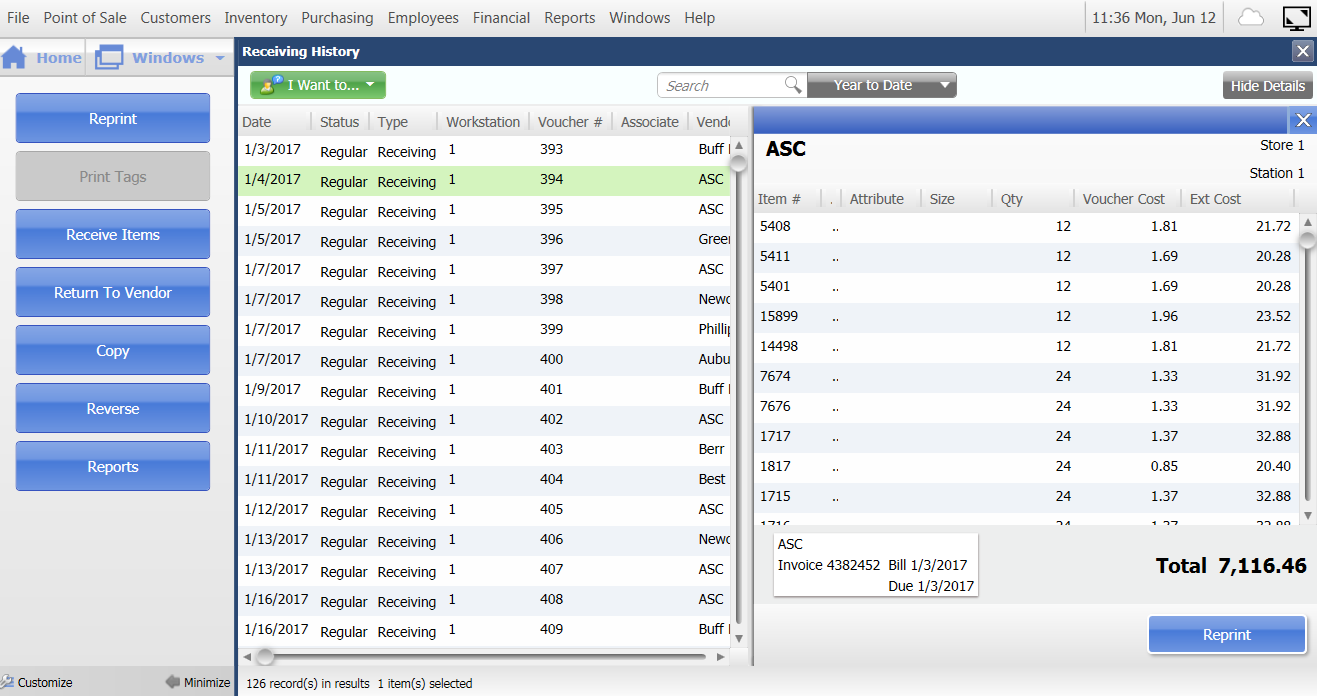
QuickBooks, created and sold by Intuit in the USA, is another software for retail businesses in the Philippines. It helps companies with both on-site and cloud-based accounting. It handles tasks like accepting payments, managing bills, and processing payroll.
Features:
- E-commerce integration
- Inventory management
- Reporting
- Order management
| Pros | Cons |
|---|---|
|
|
3. Xero Retail Management Software
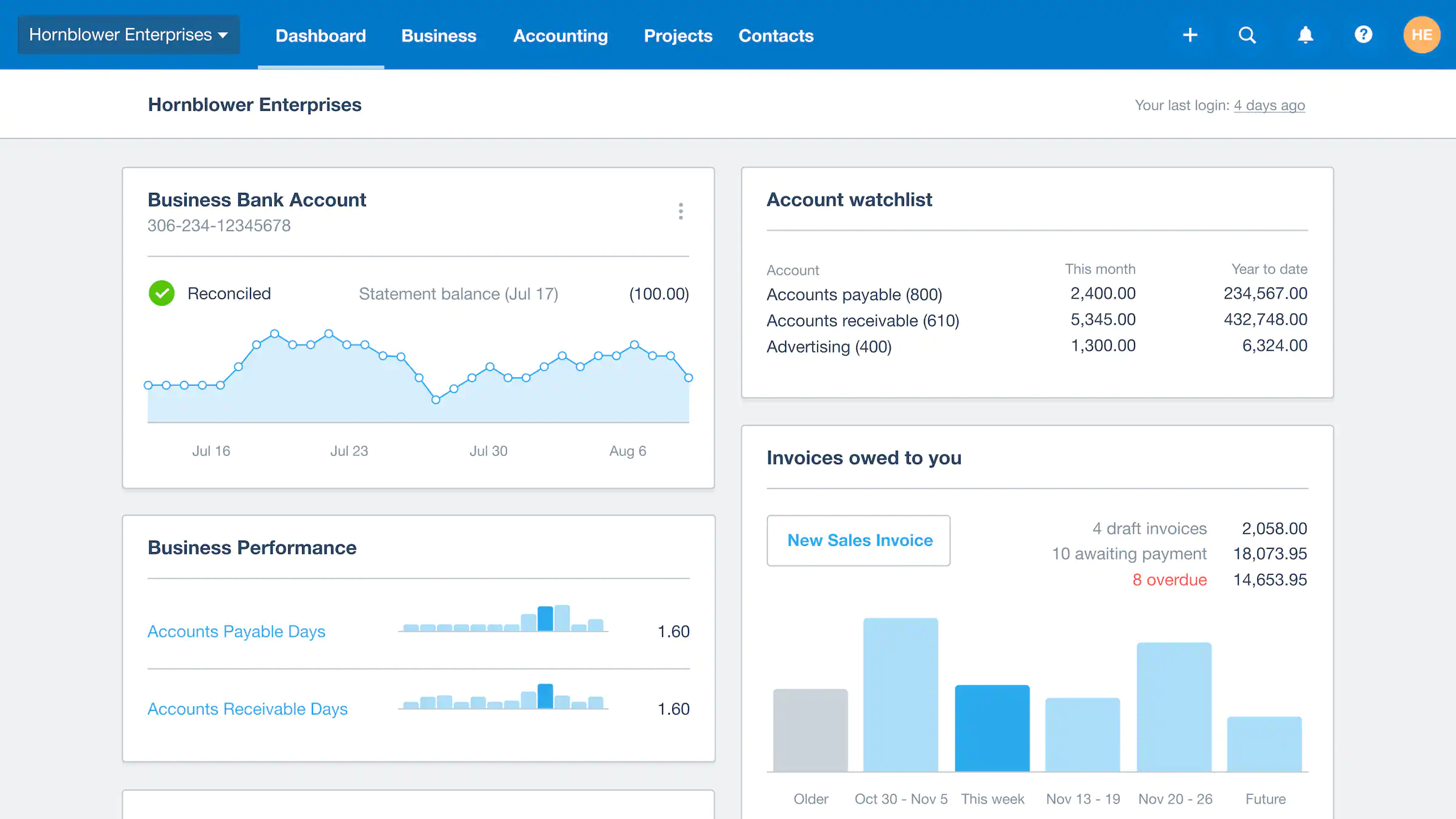
Xero is one of the retail management software options that Philippine retailers can consider using. It provides an intuitive experience while upholding a high standard of professionalism. Its cloud-based system adds convenience, allowing retailers to access vital data anywhere.
Features:
- Invoicing
- Inventory management
- Payroll
- Expense management
| Pros | Cons |
|---|---|
|
|
4. Oracle NetSuite
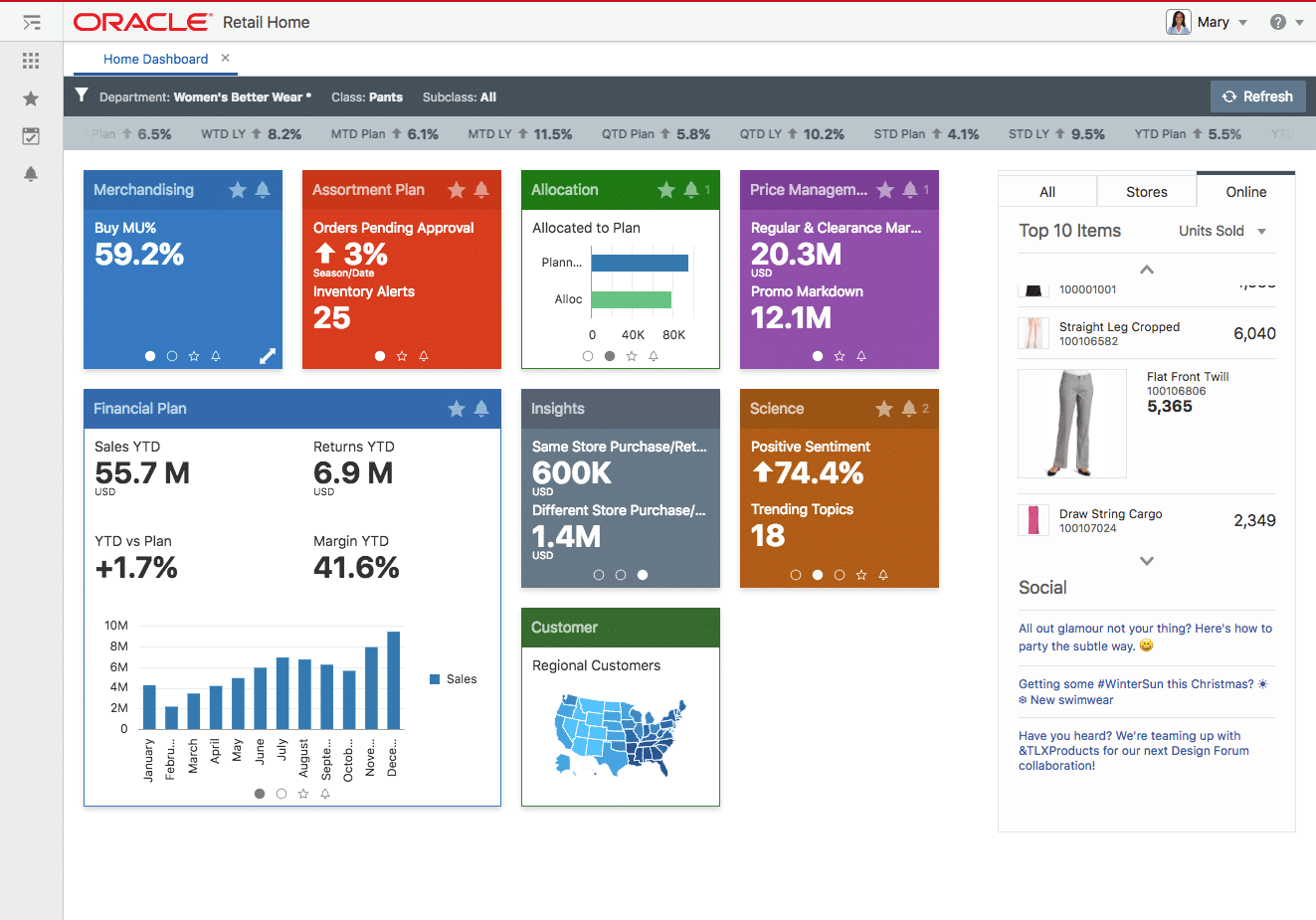
Oracle NetSuite is one of the best retail industry software for businesses in the Philippines. They offer software and services to handle various aspects of business operations, including finances and customer relations.
Features:
- Inventory management
- Point of Sale (POS) integration
- Order management
- Customer relationship management
- E-commerce integration
| Pros | Cons |
|---|---|
|
|
5. QNE Software
QNE Software is a local provider of software for retail business. It offers accounting, inventory, payroll software, and a digital portal. Known for its localized system, it simplifies compliance with the country’s evolving tax regulations for accountants and business owners.
Features:
- Accounting
- Inventory management
- Payroll
- Digital portal
| Pros | Cons |
|---|---|
|
|
6. RetailGraph
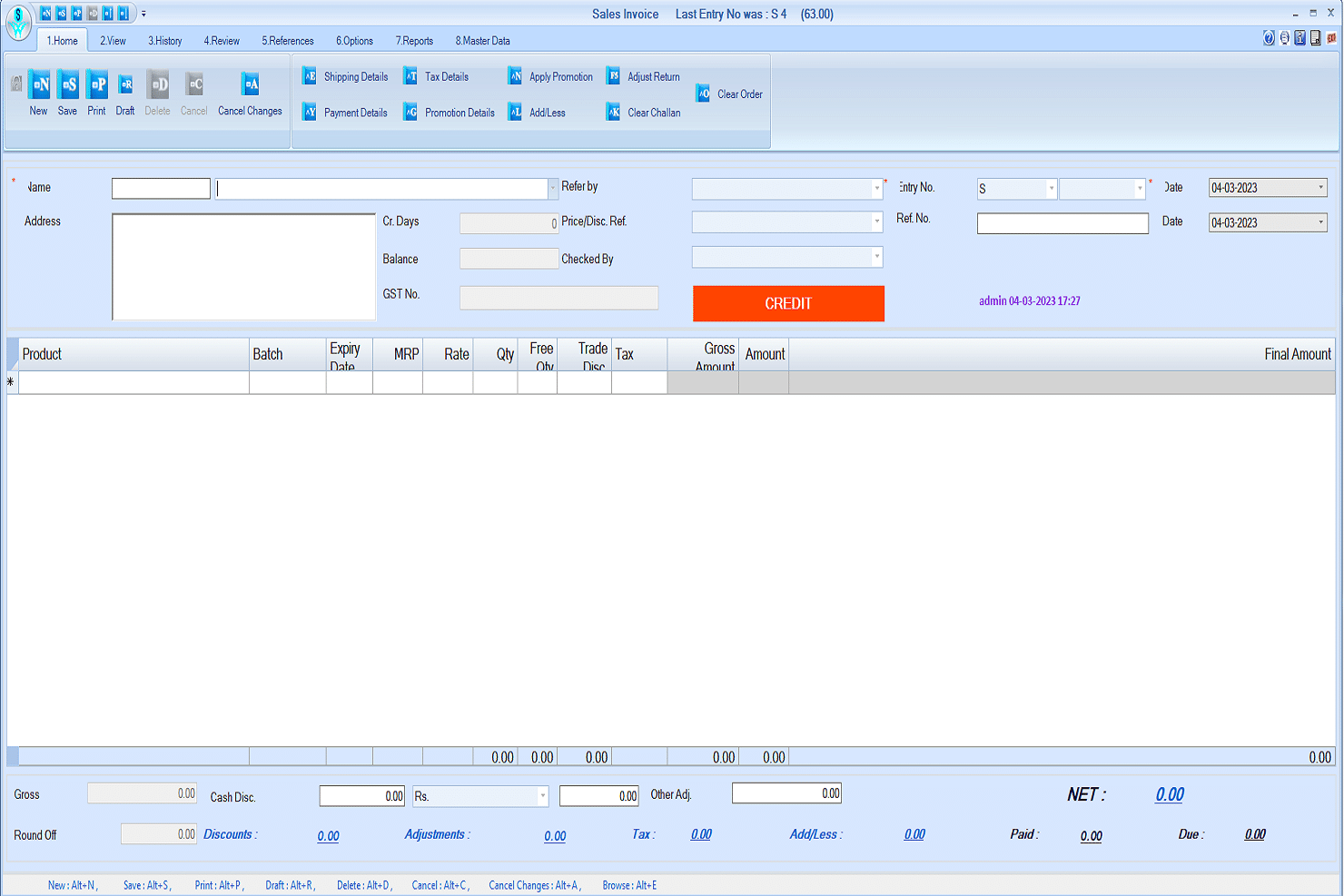
RetailGraph serves as a comprehensive retail and distribution management system tailored for businesses in the Philippines. Designed with retail business needs in focus, this all-inclusive point-of-sale solution simplifies managing multiple retail outlets and warehouses for businesses.
Features:
- Customer management
- Accounting
- Email integration
- E-commerce integration
| Pros | Cons |
|---|---|
|
|
7. Lightspeed Retail Management Software
Lightspeed Retail is a comprehensive POS retail system that simplifies tasks like inventory and employee management. With detailed sales reports and customer profiles, businesses can easily identify top-selling items and provide personalized service to boost customer loyalty.
Features:
- Barcode scanning
- Payment integration
- Order notes
- Inventory management
| Pros | Cons |
|---|---|
|
|
8. Cin7 Omni
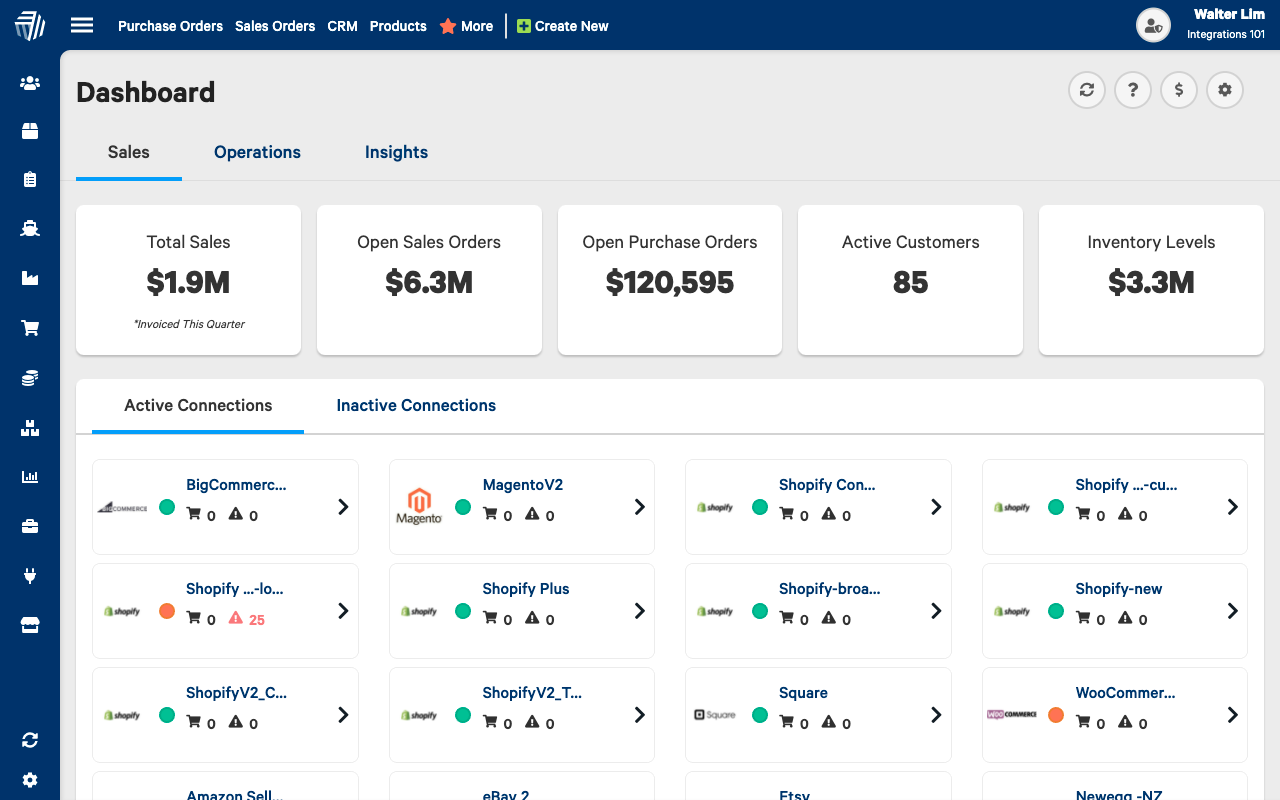
Cin7 Omni integrates a business’s products, sales channels, stock locations, orders, warehouses, workflows, reports, and more into a single automated solution. This empowers businesses with the essential tools to collaborate more effectively and efficiently in their operations.
Features:
- Order tracking
- Electronic payments
- Inventory management
- Product identification
| Pros | Cons |
|---|---|
|
|
9. Square for Retail
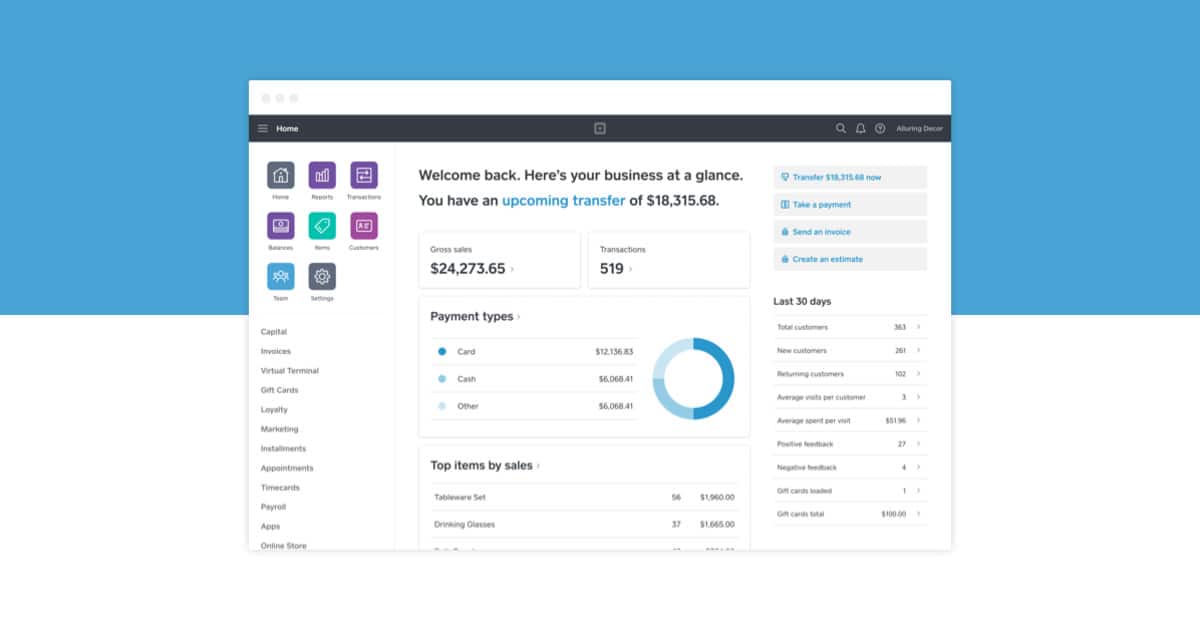
Square for Retail is a complete POS solution designed for retail businesses. It includes advanced features to help retailers run their business more efficiently. Square for Retail is easy to set up and user-friendly, making it ideal for businesses of all sizes.
Features:
- Integrated payments
- Customized order
- Customer relationship management
- Order management
| Pros | Cons |
|---|---|
|
|
10. Zoho
Zoho is a comprehensive retail management software to streamline retail operations, from inventory management to customer engagement. Additionally, it enhances business efficiency by automating processes, improving inventory accuracy, and delivering valuable sales insights.
Features:
- Multi-warehouse management
- Order tracking
- Customer portal
- CRM integration
| Pros | Cons |
|---|---|
|
|
11. ECOUNT Retail Management Software
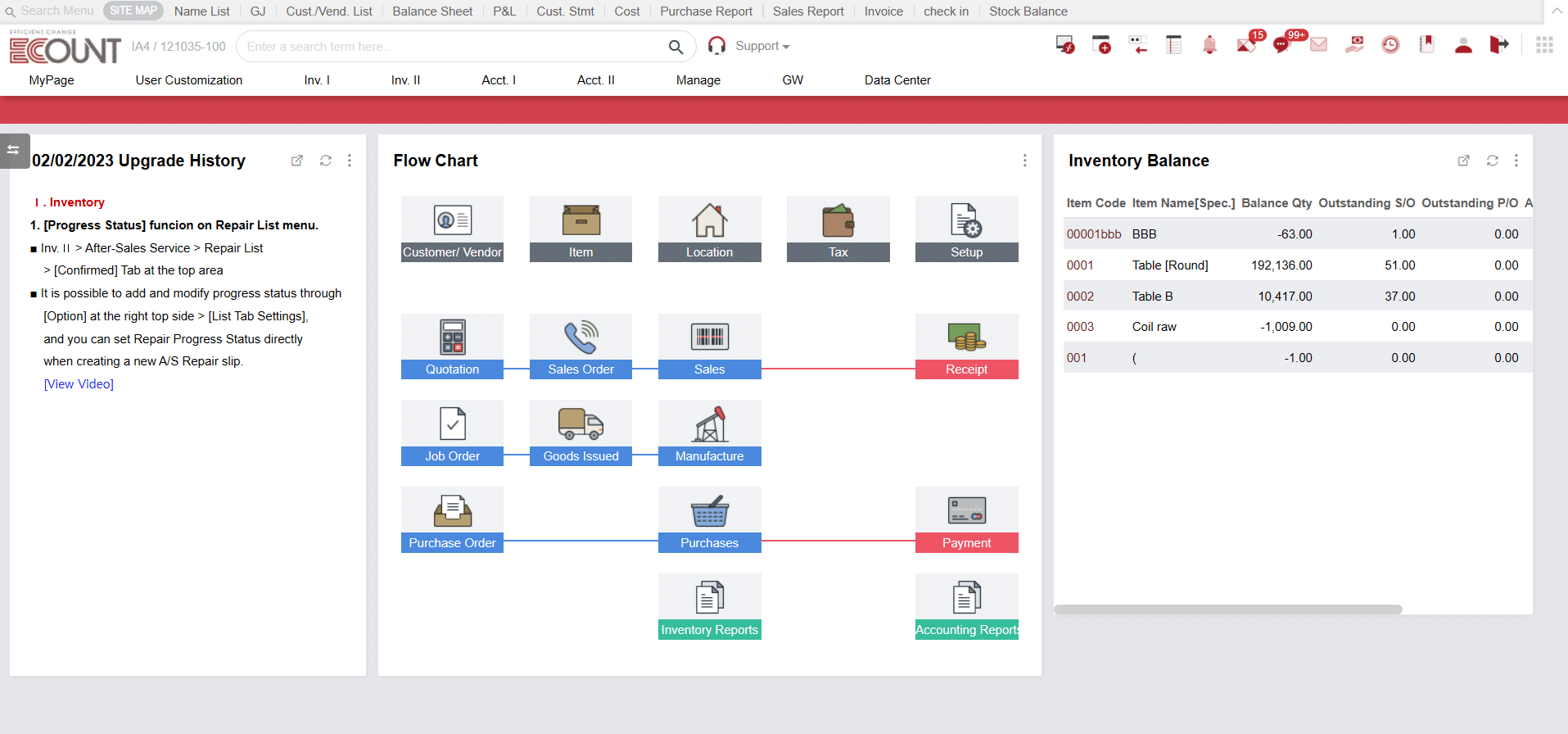
ECOUNT is a online retail software Philippines that integrates enterprise resource planning (ERP) functions. It assists businesses in managing inventory, production, logistics, sales, and accounting, streamlining workflow for retail operations.
Features:
- Store management software
- Inventory tracking
- Warehouse management
- Barcode integration
| Pros | Cons |
|---|---|
|
|
12. Vend
Vend is a cloud-based retail management software that helps businesses manage sales, inventory, and customer data efficiently. It offers benefits such as real-time inventory tracking, seamless integrations with other platforms, and enhanced customer experience through personalized service.
Features:
- Inventory management
- POS system
- Customer relationship management (CRM)
- Loyalty programs
| Pros | Cons |
|---|---|
|
|
13. Katana
Katana is an ERP software that focuses on production management and inventory control. Moreover, it offers benefits like real-time inventory updates, automated production planning, and integration with e-commerce platforms to streamline operations.
Features:
- Live inventory management
- Master planner
- Order management
- Barcode scanning
| Pros | Cons |
|---|---|
|
|
14. Clover
Clover is a cloud-based retail system that provides businesses with tools for sales, inventory, and payment processing. It benefits retailers by offering customizable POS systems, real-time sales tracking, and seamless integration with various business apps.
Features:
- Inventory tracking
- Multiple payment types
- Loyalty programs
- Online ordering
| Pros | Cons |
|---|---|
|
|
15. InFlow
InFlow offers a store management system designed to help businesses track products, manage orders, and optimize stock levels. It benefits users by providing real-time inventory updates, simplifying order management, and generating detailed sales reports.
Features:
- Product organization
- Stock tracking
- Bills of materials
- Quotes and orders
| Pros | Cons |
|---|---|
|
|
16. Ordoro
Ordoro offers a retail management system tailored for e-commerce businesses to streamline their operations. It offers benefits like automated order fulfillment, multi-channel inventory synchronization, and discounted shipping rates to enhance efficiency and reduce costs.
Features:
- Multi-warehouse tracking
- Low-stock alerts
- Shipping management
- Order management
| Pros | Cons |
|---|---|
|
|
17. Quant
Quant is a retail management software that optimizes store layouts and merchandising through advanced data analytics. It benefits retailers by increasing sales through data-driven product placements, improving inventory management, and enhancing customer shopping experiences.
Features:
- Order management
- Returns management
- Change management
- Merchandise management
| Pros | Cons |
|---|---|
|
|
What is Retail Management Software and Its Benefits?
Retail management software is a tool that helps businesses streamline retail operations, including inventory management, sales tracking, and customer interactions. It integrates these functions into a unified system, providing real-time data and insights.
Retail management software provides numerous advantages that can greatly improve operations. Investing in retail management software isn’t just a smart choice; it’s crucial for staying competitive in the Philippines market.
Here are six benefits of using retail management software:
- Cost savings: Retail management software saves money by making operations smoother, cutting down mistakes, managing inventory better, improving supplier relationships, and stopping theft and fraud.
- Increased scalability: As businesses grow, retail management software can quickly scale to accommodate expanding operations. Whether opening new locations or expanding product lines, the software adapts to evolving needs, ensuring continued efficiency and effectiveness.
- Manage inventory effectively: Most retailers find inventory management a significant trouble. Handling numerous products manually is tough. Modern retail management software shows the exact stock levels of each item and what’s been sold. It also helps identify what needs to be reordered, all with just a few clicks.
- Simplify point of sale process: The point of sale (POS) is crucial for any business as customer interactions happen and payments are made. Retail management solutions help tag items for sale, process payments, and check product availability, making these essential tasks easier for retail stores.
- Improve customer service: Retail management software lets businesses run promotions, target customers based on shopping habits, and offer loyalty discounts. It also speeds up checkouts and makes shopping easier for customers, increasing store visits.
- Efficient delivery mechanism: Retail management software simplifies supplier identification and package tracking, accommodating different shippers and creating issue notes for customer shipments. This builds loyalty and trust with customers and suppliers, who appreciate knowing when and where their items will arrive.

Key Features of Retail Management Software
- Point-of-Sale (POS) System
The POS feature enables quick, secure transactions, integrates with your inventory, and tracks customer purchases, making it easier to manage sales and payments. - Inventory Management
Retail management software allows you to monitor stock levels in real time, automate stock replenishment, and track product movement, ensuring you never run out of popular items. - Customer Relationship Management (CRM)
This feature helps you manage customer profiles, track purchase history, and personalize marketing campaigns, enhancing customer loyalty and driving repeat business. - Sales and Analytics Reporting
Retail management software provides in-depth reporting tools that track sales trends, customer behavior, and inventory performance, helping you make informed decisions for business growth. - Multi-Store Management
For businesses with multiple locations, this feature lets you manage all stores from a single dashboard, making it easier to track performance, monitor inventory, and streamline operations across the board.
These features are designed to give you the control and insights needed to stay competitive in the retail market while improving efficiency, customer satisfaction, and profitability.
How to Choose the Right Retail Management Software
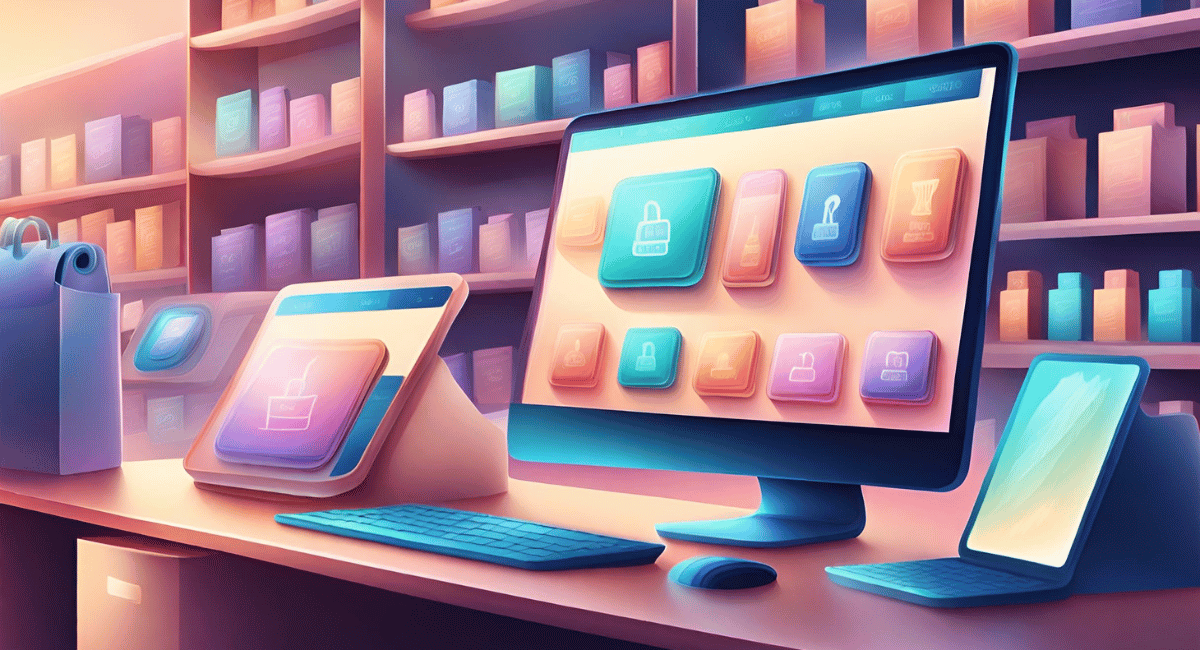
Looking at different options for retail management software can be overwhelming, especially for businesses focused on retail operations. While these systems aim to simplify business management, each has unique features. Here are some tips to help you choose the right software for your retail management needs:
- Inventory management: Prioritize software that keeps your stock levels updated instantly.
- Automated barcoding: Look for a solution that handles barcoding automatically, reducing manual SKU input.
- Seamless labeling: Ensure the software works well with label printers for hassle-free tagging.
- Sales insights: Opt for retail management software that provides analytics to uncover business sales patterns.
- System compatibility: Choose software that easily integrates with your current platforms, like accounting or e-commerce.
- API connectivity: Seek out a platform that offers API access for effortless system interaction.
- User-friendly interface: Ensure the software is simple and straightforward for all team members.
- Reliable support: Select a provider that offers extensive customer support, including round-the-clock availability and live chat.
Conclusion
Picking the right retail management software is vital for running your business smoothly. Good software helps you manage inventory, process orders faster, and ensure customers get what they need on time.
Regarding retail software in the Philippines, HashMicro stands out as the ultimate choice for businesses. Crafted with the local market in mind, HashMicro seamlessly integrates into your operations. Experience the power of HashMicro with its robust features, unwavering support, and scalable capabilities tailored to your business growth.
Register for a free demo now to see how HashMicro can help your business!
FAQ About Retail Management Software
-
What is a retail management system?
A retail management system combines inventory management and POS tools to help run a retail store. It prevents stock losses and unsold goods, making retail operations easier.
-
What are the three types of retail management?
The retail industry requires various types of management to oversee different roles and departments: human resource management, operations or production management, and strategic management.
-
What is the function of retail management?
Retail management involves assisting customers in finding products in your store. It covers everything from expanding your customer base to product presentation and meeting customer needs.
-
What is retail task management software?
Retail task management software helps you manage store tasks efficiently with real-time tracking. It empowers staff by automating tasks like shelf restocking, inventory checks, and returns, reducing manual work.
-
What is the goal of retail management?
Retail management involves store leaders boosting sales, improving employee performance, and meeting customer expectations. These efforts build customer loyalty, enhance efficiency, and help teams focus on shared goals.



